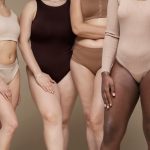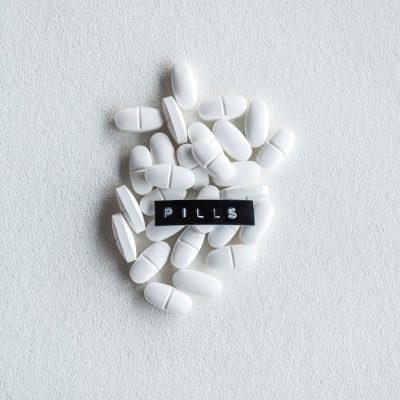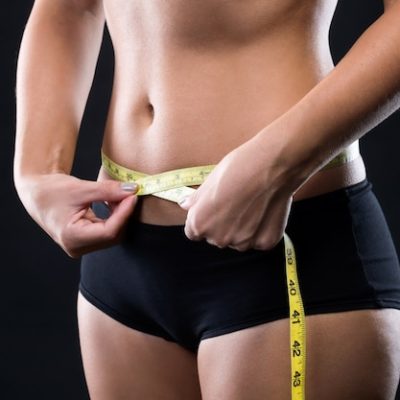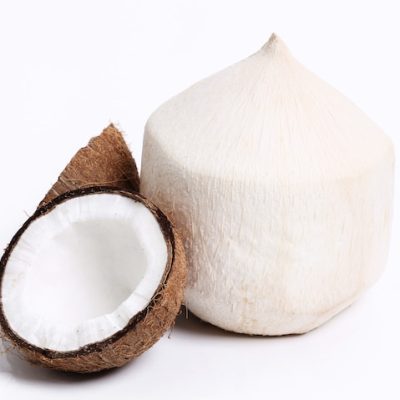We often don’t get all the nutrients we need from our diets, so we’ve compiled a list of the best vitamins and supplements to support hair growth and ensure you’re getting everything necessary! Many of us view our hair as a reflection of ourselves, expressing our personality through our styling, coloring, and cutting choices. A bad hair day can really throw off your mood!
Hair health is crucial, and when we face issues like hair loss, frizz, or lack of growth despite our efforts, it can be quite disheartening. These problems can also signal that our internal health may not be where it should be. It’s normal to shed dozens of hair strands daily as our bodies replace old, weak cells with new, healthy ones. Most people are aware of their typical shedding amount based on what they see on their hairbrush, in the shower, or on their clothes.
There are many reasons why your hair might not be as shiny or voluminous as you’d like. Fortunately, most of these issues can be easily resolved by ensuring you get the right nutrients for vibrant hair. This post may contain affiliate links, which help keep this content free. Please read our disclosure for more information.
Have you ever noticed that pregnant women often have beautiful hair that keeps growing, regardless of how they treat it? This is due to the estrogen surges during pregnancy that promote hair growth. After giving birth, as hormones adjust, they often experience significant hair shedding. Women who start or change their birth control can also experience similar effects.
Estrogen accelerates hair growth, sometimes even in unexpected areas. If you’ve been on birth control pills and noticed hair growth in unusual places, you understand what I mean. Individuals with thyroid disorders may also experience hair loss or brittleness due to hormonal fluctuations. When the immune system goes awry, it can mistakenly attack hair follicles, leading to inflammation. Conditions like alopecia are a result of this, but any autoimmune issue can affect hair health.
Emotional, physical, and environmental stressors can significantly impact hair quality, as the body prioritizes energy for stress responses over hair growth. Constant stress won’t help you achieve long, flowing locks. However, diet is perhaps the most significant factor in hair health.
Protein, specific vitamins and minerals, and amino acids all play a role in how quickly and healthily our hair grows. If you desire luscious hair, consider adopting a healthy diet rich in nutritious vegetables, fruits, and lean meats. If you’re already eating well but still not satisfied with your hair, supplements might be the answer.
Biotin, a B complex vitamin found in nuts, eggs, cheese, whole grains, fish, raspberries, and cauliflower, helps the body produce amino acids essential for keratin formation. American researchers studied the effects of biotin on generally healthy women with thinning hair due to thyroid issues, alopecia, or medications. They found significant new hair growth after just 90 days of taking an oral supplement twice daily. Participants also reported shinier, less brittle hair, along with improved nails and skin!
If you’re aiming for Rapunzel-like hair, consider trying Biotin High Potency Veggie Soft Gel with Coconut Oil from Sports Research, which is Amazon’s top-rated hair supplement with over 6,000 five-star reviews.
Zinc is another crucial supplement that often goes unnoticed, yet it’s vital for our health. A deficiency can impact our hair, skin, nails, libido, and gut health. The World Health Organization reports that zinc deficiency is a significant global issue, affecting over 32% of the population. Since zinc is primarily found in meats like beef, chicken, and lamb, vegetarians may struggle to get enough. It can also be sourced from pumpkin seeds, cashews, spinach, and mushrooms, but you’d need to consume a lot of vegetables to meet your daily needs. For those who don’t eat meat, a quality zinc supplement is essential.
Studies indicate that individuals who struggle to metabolize zinc or don’t consume enough are at a higher risk of hair loss, regardless of gender. In fact, every participant with hair loss in one study was found to be zinc deficient.
Your body cannot produce vitamin D on its own; it relies on sunlight. If you spend ample time outdoors, you likely don’t need to worry about a deficiency. Unfortunately, many of us don’t get enough sun exposure to maintain healthy vitamin D levels, which can lead to hair loss and thinning. Certain autoimmune diseases linked to hair loss, such as alopecia areata and vitiligo, are also associated with vitamin D deficiency. One study found that most participants with these conditions had low vitamin D levels, and supplementation helped.
You can also obtain vitamin D from foods like fatty fish, portabella mushrooms, egg yolks, cheese, and fortified dairy products. If those options don’t appeal to you, consider a supplement like Ultrax Labs Hair Rush, which contains vitamin D and keratin for healthier hair.
Iron is another nutrient many people lack, contributing to hair loss. Even if you’re consuming iron-rich foods like egg yolks, red meat, and dark leafy greens, your body might not absorb it effectively. Individuals with digestive issues, the elderly, and pregnant women often struggle with iron absorption, leading to brittle nails and hair. Meat is typically the easiest source for the body to absorb, so vegetarians may also be at risk of deficiency. Without sufficient iron, your body can’t produce the hemoglobin necessary to transport oxygen for hair growth.
Floradix Liquid Iron offers organic iron sourced from nutrient-rich plants, providing a safe way to meet your daily intake.
A magnesium deficiency can lead to feelings of weakness, accelerated aging, and various health issues, including high blood pressure, anxiety, heart conditions, osteoporosis, and chronic fatigue. It’s no surprise that it also affects hair health. Magnesium helps prevent calcium buildup on the scalp, which can clog hair follicles and cause inflammation. It ensures that calcium is directed to the bones where it belongs. Additionally, magnesium aids in protein synthesis, and since hair is primarily made of protein, it contributes to healthier hair and helps prevent graying.
Natural Calm Magnesium is a top-rated supplement on Amazon, available in three delicious flavors! Not only will it benefit your hair, but it can also help you relax, especially during stressful times.
Omega-3 fatty acids are renowned for their antioxidant properties, with plenty of research supporting their benefits for hair and skin health. One study found that after six months of omega-3 supplementation, participants experienced an 89.9% reduction in hair loss and an 87% increase in hair growth. The effectiveness of omega-3s is largely due to their anti-inflammatory properties, which address issues like alopecia and dermatitis that can lead to hair loss and stunted growth. The nutrients and protein in fish oil nourish hair follicles and strengthen roots, resulting in longer, shinier, and stronger hair.
Plant sources of omega-3s, like flaxseed, are also beneficial, though they contain short-chained fatty acids, making them less effective than fish oil. However, if you’re vegan and seeking a plant-based option, flaxseed oil is a good choice. Dr. Tobias Omega 3 Fish Oil supplement is one of the best available and is what we personally use (fish burps not included!).
There are also many vegan supplement options for omega-3s. Vitamin E, a well-known free-radical fighter, can be found in foods like sunflower seeds, broccoli, and spinach. When consumed, it helps regulate cholesterol and hormones, fights cancer, slows aging, and improves heart health. Its antioxidant and anti-inflammatory properties are also beneficial for skin and hair. Ensuring you get enough vitamin E in your diet will support hair growth, and you can also apply it topically for added benefits.
Massage vitamin E into your scalp and the ends of your hair, letting it sit for at least an hour. After washing it out, your hair will feel silky, and your scalp will be nicely hydrated. E NOW 400 Soft Gels contain 400 IU of natural vitamin E in a gel cap that can be taken internally or broken open for topical use on the scalp and hair.
If you found this article on the best vitamins and supplements for hair growth helpful or have any questions, please leave a comment below!










